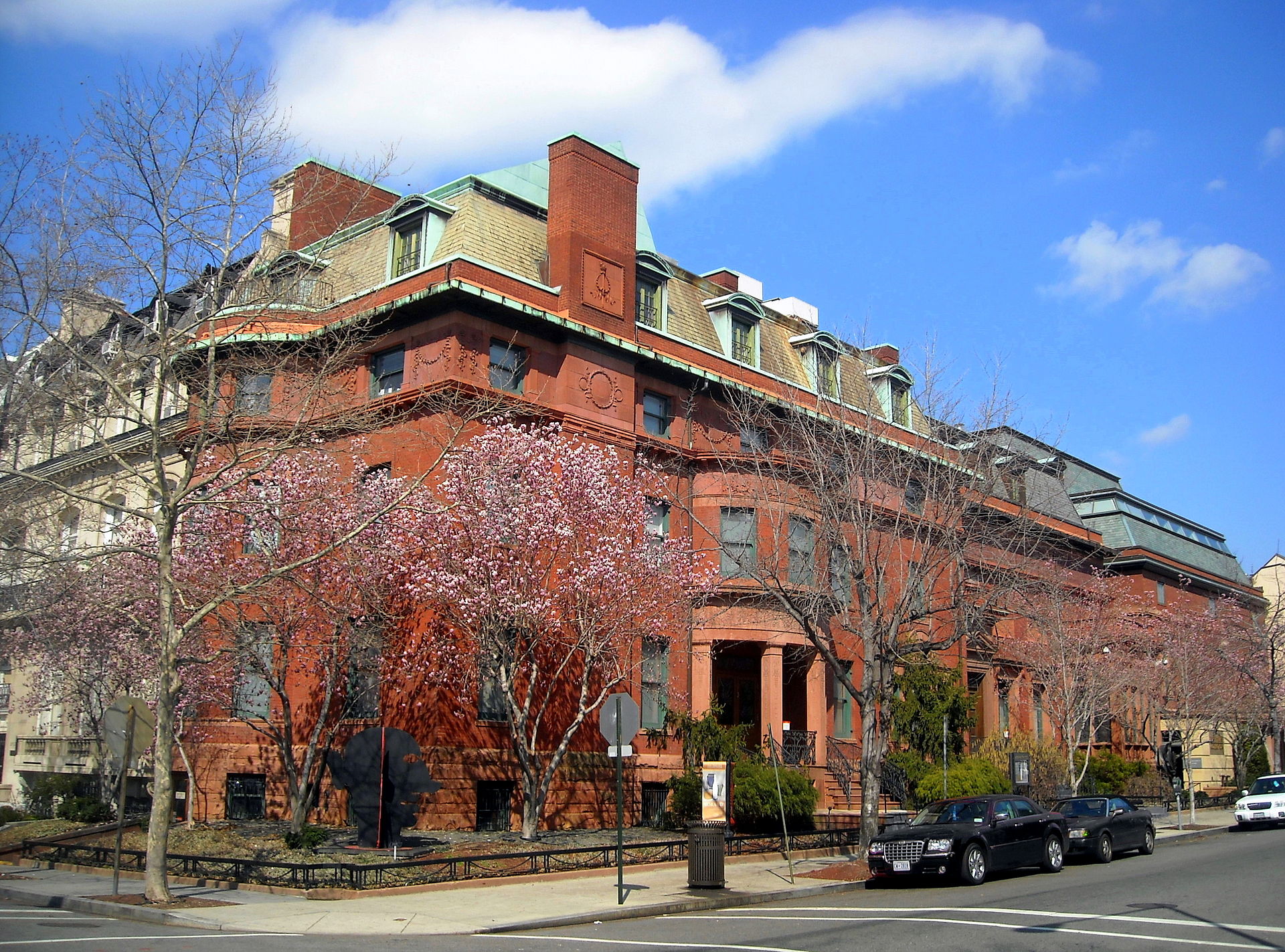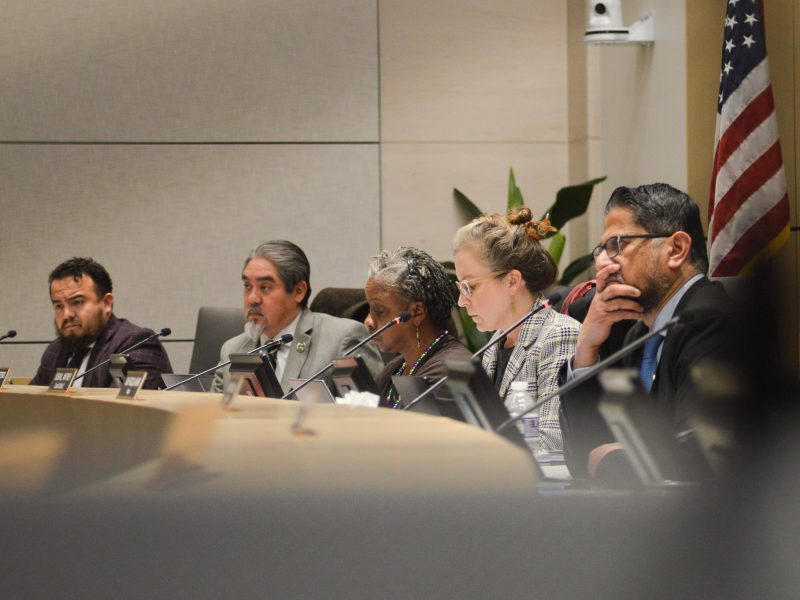The DeVos Institute of Arts Management at the University of Maryland will kick off its latest debate series on Oct. 17, as part of a new effort to understand how digital technology shapes the cultural sector, affects the human brain and alters the audience experience, said Joseph Heitz, the institute’s director of external relations.
The DeVos Institute provides training and guidance on a wide range of art institutes like museums, galleries, art schools, libraries and more, according to its website.
The debate series “Generation Elsewhere: Art in the Age of Distraction” will be divided into four parts and hosted in four different cities, according to an Aug. 26 news release. The first debate, “Technology, the Brain, and Audience Expectation” will take place at the Phillips Collection museum in Washington. Registration for the event is free.
“Technology is becoming more integrated into our lives, so it’s more of a question of how the cultural sector adapts and stays relevant, meaningful, dynamic, and integral to our lives,” said Heitz.
This debate aims to help the audience pose questions of how technology is changing and how it has affected the way they look at their surroundings, said Syrah Gunning, director of training, development, and research at the DeVos Institute.
“Over the past frame of years there have been a lot of conversations of incidental technology: social media, apps, PR work,” Gunning said. “[DeVos Institute president Brett Egan] didn’t feel that anybody has really stepped back and thought about what content and distribution really means.”
Sydney Skybetter, co-curator of the debate series, said he has seen the way that technology has changed the way that people go about learning about the arts.
“For example, a couple of years ago when a dance company reached more people online then in a theater, this created kind of moment when we reached a tipping point in online engagement,” said Skybetter, choreographer and professor of theatre arts and performance studies at Brown University. “Never before has this been possible where so many people interact so meaningfully with art, yet they are participating in it but no doing so in a way that recognizable to most folks in the arts community.”
This isn’t to say that audiences can’t have meaningful experiences of the arts on online, Skybetter said. Just having access to the arts like dance, music, theater can allow people to have the same experience on different platforms, he added.
People in the industry need to learn to adapt to this new change, Skybetter said.
“I love live art just as much as anybody coming from the arts sector, yet we have to come to terms with the fact that there is a digital replacement for what [arts professionals] consider to be artistic participation in the past is becoming the norm,” he said.
At the end of the debate series, the DeVos team will summarize the outcomes of the debates into a document that will be available to students, researchers, and managers to use as a resource, Gunning said.
One of the participants in the first debate, Klaus Ottmann, deputy director for curatorial and academic affairs at the Phillips Collection, said he is looking forward to hearing news ways the museum can enhance their visitors experience.
“The panel is trying to look into how the technologies are changing the ways we both receive and create art, so for us it’s a continued challenge and interest to explore,” he said.
Student attendance at the event is very important because the issue of technology is a big, industry-changing concept, Gunning said. Having students there can help them understand why arts are a very integral part of the community, he added.



